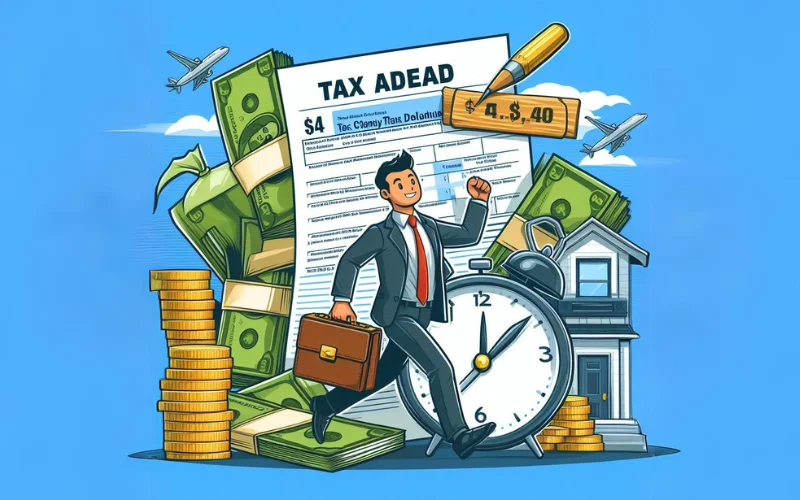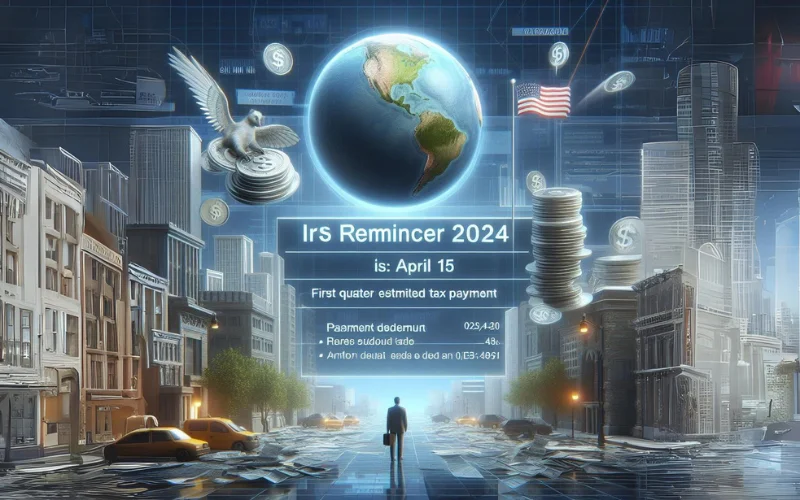In late 2015, Apple Inc. Chief Executive Tim Cook was asked why the technology giant continued to leave a mountain of cash overseas rather than return it to the United States.
“I’d love to bring it home,” Cook said of the cash hoard, which now totals a staggering $265 billion, in an interview aired on “60 Minutes.” But, he added, “it would cost me 40% [in federal and state taxes] and I don’t think that’s a reasonable thing to do.”
Now, with the new U.S. tax law providing a much lower cost for cash repatriation, Cook and the managements of many other U.S. multinational companies are expected to bring home a sizable chunk of the $1.4 trillion that Moody’s Investors Service estimates is held offshore by nonfinancial U.S. companies.
The others include fellow tech giants Microsoft Corp., Cisco Systems Inc., Google parent Alphabet Inc. and Oracle Corp.; drugmakers Johnson & Johnson, Pfizer Inc. and Merck & Co.; the biotech company Amgen Inc.; and industrial giant General Electric Co.
In pushing for tax reform, the Trump administration and Republican congressional leaders argued that the new law would end “the perverse incentive to keep foreign profits offshore,” as they jointly said in their tax proposal, and that the repatriated cash would help spur additional business investment and job growth in the United States.
“This tax system will bring back trillions of dollars that will be invested here,” Treasury Secretary Steven T. Mnuchin said in November.
But the repatriation scenario also has triggered speculation that Apple and other firms will use a good portion of that cash to buy other companies, swelling the number of corporate mergers and acquisitions this year. The rest of the cash is expected to be deployed for stock buybacks, higher dividends and debt repayment along with any business investment and added employment.
“This is going to be a robust year for mergers and acquisitions with the influx of cash that’s going to be brought into the U.S.,” said Lloyd Greif, president of Greif & Co., a Los Angeles investment bank.
The tax law enacted last month not only slashes the federal corporate tax rate to 21% from 35%, it imposes a one-time tax of 8% to 15.5% on foreign earnings held overseas.
That one-time tax must be paid “whether the cash comes back home or not,” so there is no longer an incentive for companies to keep the cash offshore as a way of deferring paying taxes on those earnings, said Manal Corwin, principal in charge of international tax policy at the accounting and consulting firm KPMG.
The new law effectively “removes the tax cost associated with the decision to repatriate,” Corwin said. “It’s now a business decision whether they actually repatriate their earnings.”
The companies will incur a charge against their overall earnings for the one-time tax hit on their repatriated dollars, which some firms already have detailed:
* Amgen, which had $38.9 billion overseas as of Sept. 30, said it expected to incur a tax-related charge of $6 billion to $6.5 billion, although the Thousand Oaks firm did not say how much it planned to repatriate.
* Goldman Sachs Group Inc. said its 2017 earnings would be cut by about $5 billion and that about two-thirds of the reduction “is due to the repatriation tax.” The investment bank did not say exactly how much cash it planned to bring back to the United States.
* Johnson & Johnson, with nearly $16 billion in cash overseas, welcomed the tax law and its repatriation features, Johnson & Johnson Chief Executive Alex Gorsky told CNBC. But he said that didn’t mean his company would automatically be buying up other firms. Any merger “starts with science, the right deal, the right company,” Gorsky said, although he acknowledged that the cash infusion “gives us more flexibility.”
That’s true with Apple as well.
Daniel Ives, head technology analyst at the investment research firm GBH Insights, estimated that Apple would repatriate about $200 billion and that “it is a ripe time” for the company to make a major acquisition, such as Netflix Inc., even though Apple historically has shied away from big mergers.
“The burning question on the Street’s mind is does Cook make a big bet with this infusion of cash and do a larger deal (e.g. Netflix) to catalyze and jump start its streaming video/content business,” Ives wrote in a note to clients this month.
Apple declined to comment on its repatriation or acquisition plans, and Netflix did not respond to a request for comment. Although Apple could easily finance a deal for Netflix, some argue that Netflix is too expensive relative to whatever added growth the video-streaming firm could provide Apple.
Netflix’s stock has soared 72% in the last 12 months, closing at $221.23 a share Friday, and the company now has an overall market value of $96 billion. Given that a buyer would have to pay a premium for the shares, that would lift the price for buying Netflix to well above $100 billion.
Apple not only has the cash but also could use its stock as currency in a transaction. Apple’s stock has jumped 49% in the last 12 months, to $177.09 a share Friday, and the company’s total market value is $900 billion.
Doing a deal that massive “would be a cultural shift” for Apple, but one that is “potentially necessary if Apple wants to make a big bet on the streaming front,” Ives contended.
What other decisions might companies make for the cash they bring back?
Edward Kleinbard, a professor at the USC Gould School of Law and former chief of staff for Congress’ Joint Committee on Taxation, said he expected stock buybacks and higher dividends, similar to what occurred in 2004 when American companies last received a tax break on repatriated cash.
Those moves could bolster the companies’ stock prices and “you can’t ignore the fact that that’s in the interest of investors and the senior executives whose compensation is tied to the stock price in many cases,” he said.
Kleinbard said he also expects “a significant amount of debt repayment to take place” with the repatriated cash.
Greif, however, expressed doubt about a wave of stock buybacks this time, noting that stocks are now trading at or near record highs.
“The stock market wasn’t at an all-time high in 2004, so a lot of the cash went into stock buybacks back then,” he said. “Frankly, I don’t see the wisdom of that [now]. You buy back stock when your stock is cheap.”
Will it also spark a merger wave? “There’s no logical reason why that should be true given how cheap money is” already in terms of corporate borrowing costs, Kleinbard said.
Still, he said, “there is something about a pile of cash that does excite the acquisition leanings in all of us. You’ve got the liquidity right there in your pocket.”





